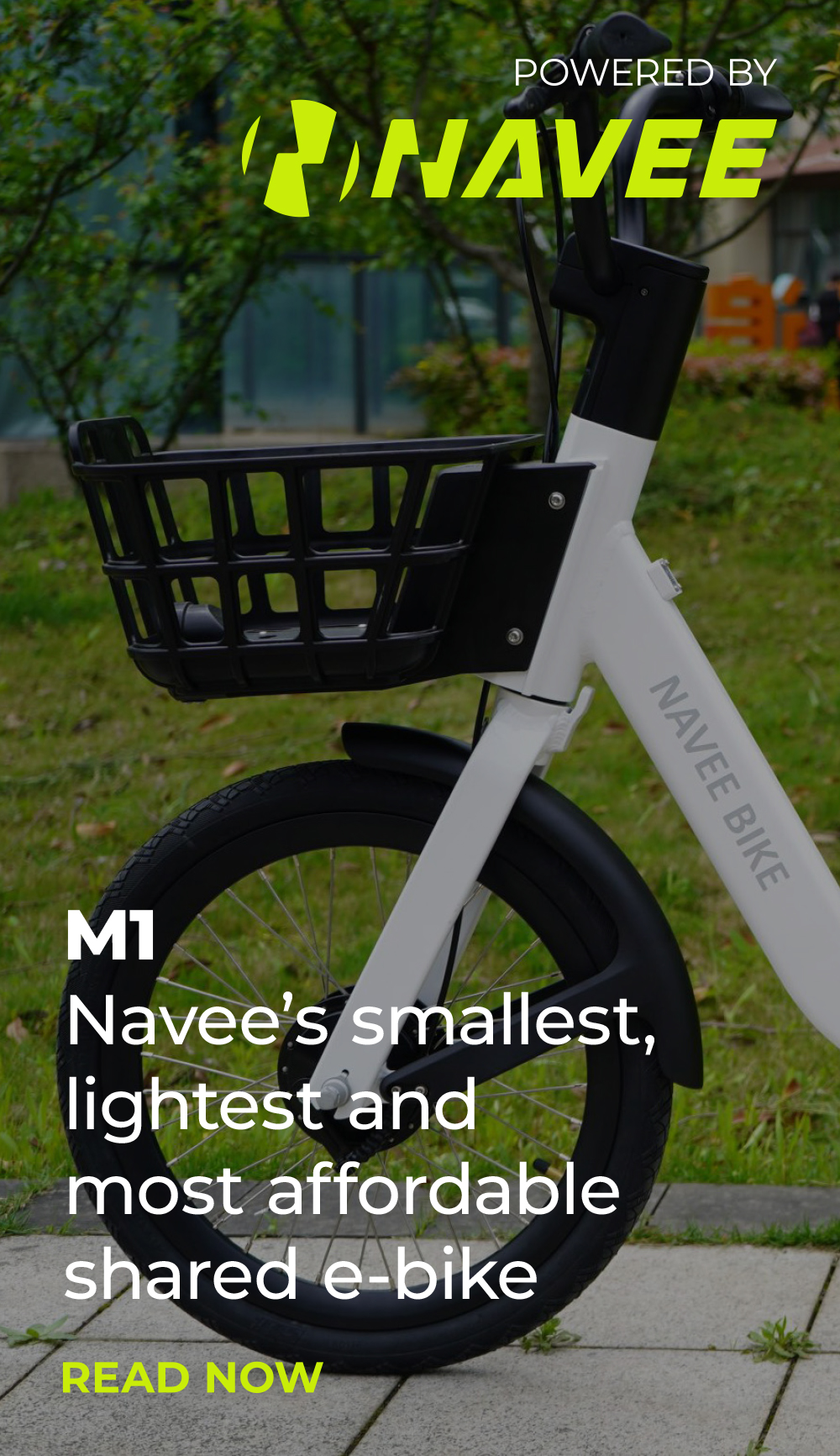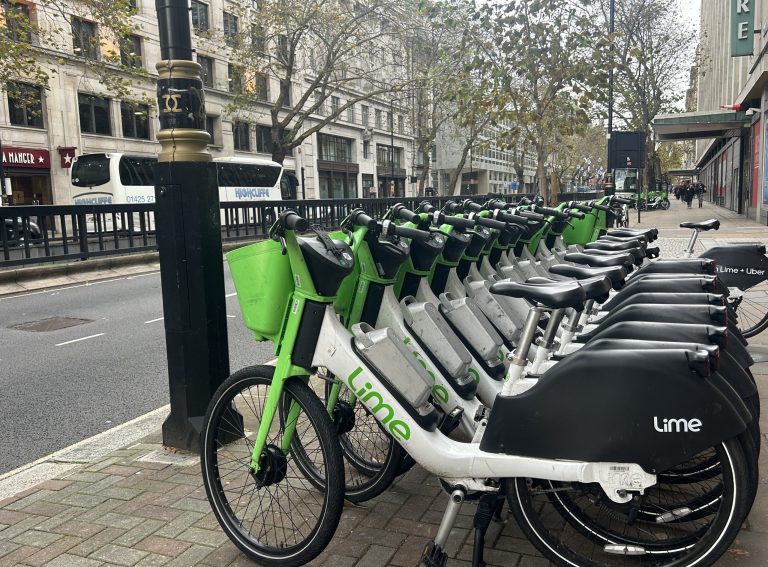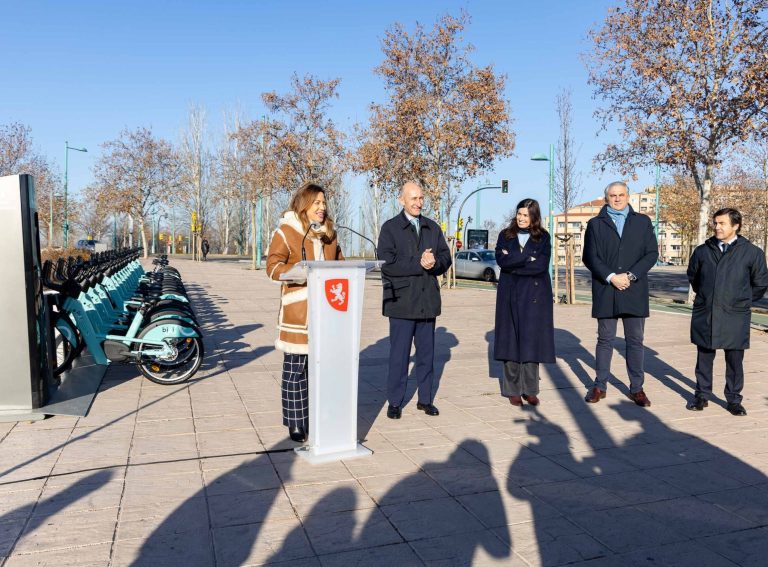Local authorities in the UK should be given powers to regulate shared micromobility schemes going forward, the Urban Transport Group has said.
In a report published this week, the group stated that a national framework ought to be established which provides local authorities with the ability to determine key aspects of regulation relating to micromobility services throughout the country.
The Urban Transport Group, a network of transport bodies across the UK, argued that local authorities should be able to determine fleet sizes, parking restrictions and the number of operators, among other factors.
Shared e-scooter schemes are currently being trialled in cities, while a number of bike and e-bike hire fleets are already in place.
The decision on legislation for shared e-scooter schemes was recently delayed until November 2022, with a final verdict initially set to be agreed on this month.
“Our areas have enthusiastically taken part in the e-scooter trials as part of our wider role in exploring how new forms of mobility can bring benefits to travellers in a way that doesn’t act against the wider public interest,” said Urban Transport Group Chair Laura Shoaf
“If e-scooters are legalised following the trials, we believe that whilst national government should set a high bar for the safety and use of the e-scooters themselves, authorities need to have powers available to them to regulate the operation of the rental market. These powers are needed to give us the tools to act if necessary against over-provision or irresponsible parking and use. These powers would also allow us to find the balance that works locally between the benefits to individual users and the wider responsibility we have for public safety, for minimising congestion and for promoting modal shift.”






